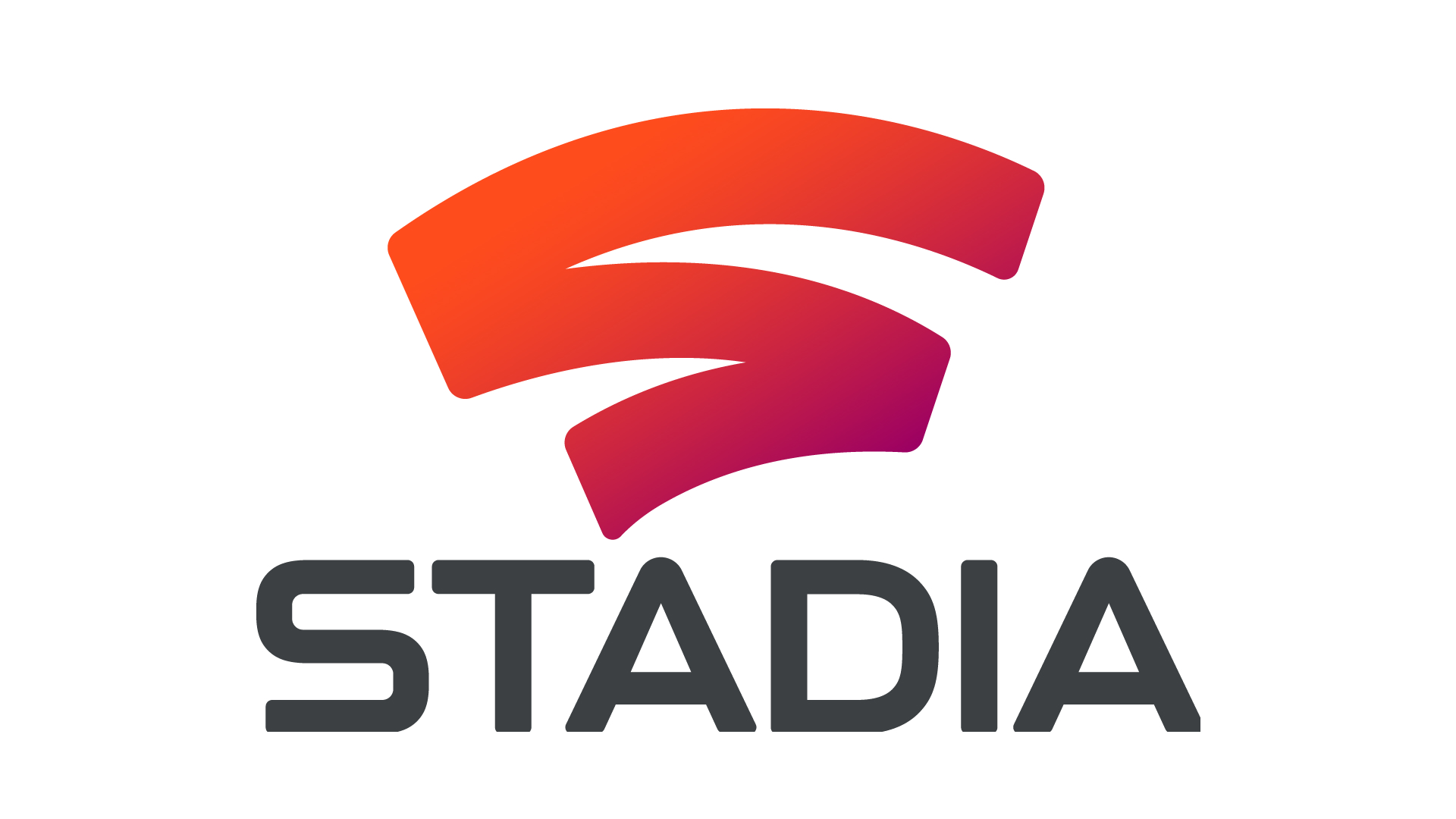Google’s streaming game service, Stadia, was unveiled earlier this year. While many marvelled at the possibilities of the technology, it was also met with a healthy dose of skepticism on several fronts. While some, like Google’s competitor Microsoft, doubt Google will have the content to sustain a service, others have doubts about how the service is even workable with the infrastructure of the internet in large parts of the world. Unlike music and movies, which are relatively small, media-wise, games are much larger (and getting bigger by the year, it seems), so streaming games the size of dozens of GBs seems like it’d be problematic for a lot of people. Phil Harrison disagrees, though, saying basic broadband will be able to work.
In a sitdown with GamesBeat (you can watch to the whole interview below), Harrison dismisses the skepticism that current internet won’t be able to handle Stadia. He says that Google has done lots of research in all the markets they plan to launch in, and all of them have internet that will be able to run Stadia, even alleging that they could go up to 4K resolution.
“We study broadband very carefully, as you can imagine, and very deeply,” Harrison said. “In the markets that we will be launching, where we are planning to introduce [Google Stadia] in the future, broadband connectivity is more than sufficient to satisfy the most ambitious aspects of our plan.
T”he bandwidth we require to enjoy Google Stadia at the highest level is only 30/35 megabits per second, and that’s to play at 4K. 20/25 megabits per second is enough for less than that, so it’s not a massive bandwidth that we require.”
This is in line with earlier comments on the service, but it remains to be seen how accurate that will end up being, or what the service can do to combat data caps, which is still very common in the United States market in many areas, and really across most of the rest of the world as well. Stadia has no release date or pricing as of yet, but it will see a limited launch later this year in the US, UK, Canada, and Europe.














